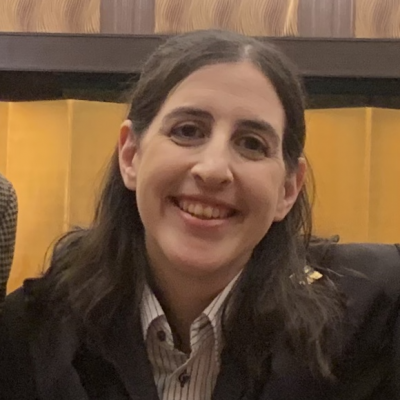Sessions /
Accessing Local Communities, Services & Information
#1376
In 2018, Japan had its largest foreign resident population increase ever after 7 years of continuous increasing numbers (Ministry of Justice Immigration Bureau, March 2019). With the 2020 COVID-19 pandemic, the need for fast, accurate information for daily life became more transparent. This also greatly influences foreign resident language teachers in Japan. An online survey via snowball sampling was conducted from September 2020 through SNS and acquaintances who were mainly English teachers in Japan to participate in and reach out to others to request them to fill out the survey since of all foreign residents those with English ability would mostly likely have the greatest support and access to services available. 39 (mainly language teachers) responded. Survey questions were based on: (1) What kind of and where can public information be easily accessed? (2) Where do respondents want to find this information? (3) How easily can they join Japanese language classes and how was the quality? Respondents indicated that the most useful information they gained was through people they trusted to know about Japan (24), expat websites (17), and SNS (13) while they preferred that it be made available on local municipality websites (26).
Presentation Assets
Slideshow
Download PDF: Slideshow
Feel free to download the powerpoint I will use during my presentation.
